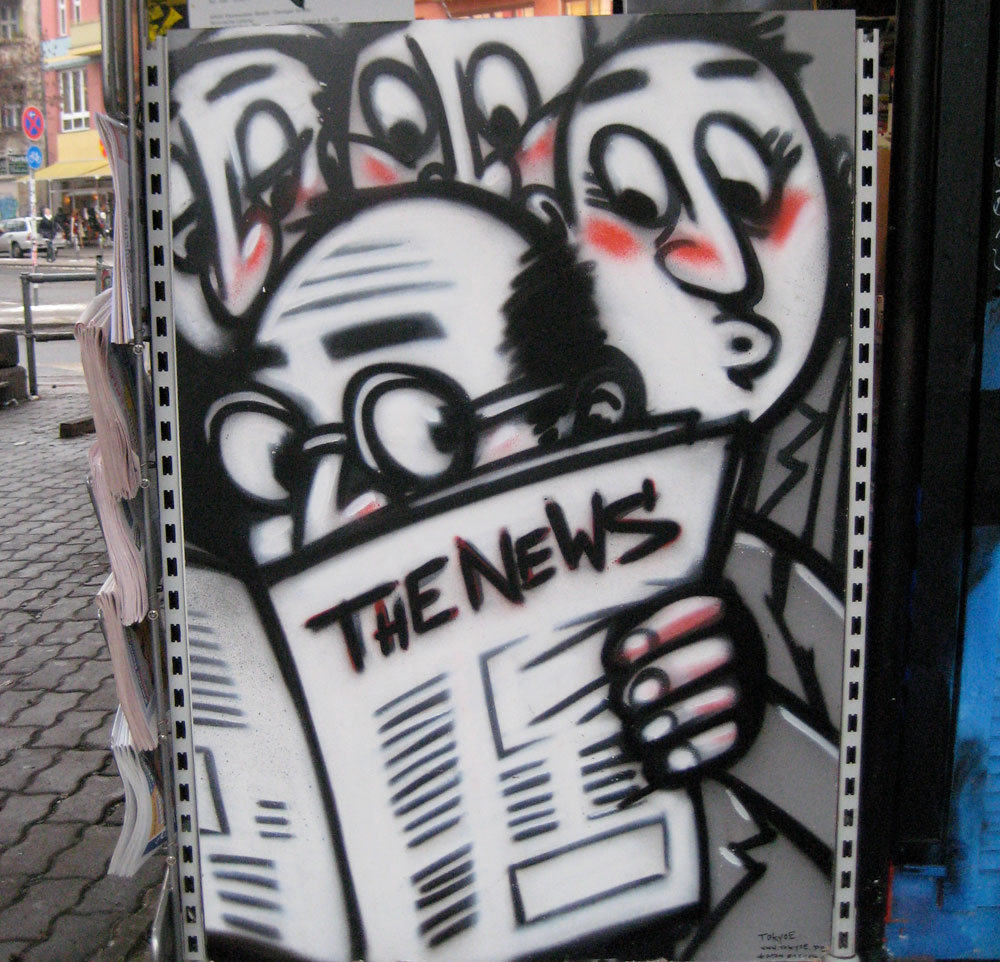
March 19, 2020; Associated Press and Nieman Lab
The urgency of keeping informed about COVID-19 has highlighted how valuable the news media is, but also how dependent some parts of it are on their surrounding communities. News Media Alliance, a nonprofit that serves as “the voice of the news media industry,” representing US-based and international organizations, reported recently that 28 states and the US Chamber of Commerce have come out with statements authorizing news publishers as “essential” forms of business during this pandemic, putting them in a category with grocery stores and pharmacies.
Last week, the AP also reported that some news outlets throughout the country were dropping their paywalls in order to enable access to coronavirus coverage. It is possible that, as more people come to rely more heavily on the news during this crisis, it could lead to more subscribers in the future, but, like nearly everything else in the world these days, paying the bills remain quite challenging for the industry right now.
“Essential” doesn’t mean easy, of course, and people in newsrooms all over the country are figuring out innovative ways to cover coronavirus, which Dan Kennedy at WGBH says “may prove to be the biggest story of our lifetime.”
Kate Maxwell, publisher of the Mendocino Voice, a for-profit that is moving to an employee- and member-owned and cooperative model, tells Kennedy, “We’re writing multiple daily updates, creating several guides to information and resources, increasing our newsletter, live-tweeting important forums, increasing our Spanish translations and Spanish language interviews, and regularly surveying our readers, as well as taking live questions during events and interviews.” She adds, “We’re being careful to make our updates clearly dated, sharing information about state and federal changes, and keeping coverage in digestible and clear formats.”
Aware of these new challenges, the Lenfest Institute for Journalism, along with the Facebook Journalism Project and the Local Media Association, announced last week that it would offer $1 million in support to US and Canadian local news organizations covering coronavirus. According to the guidelines of this new grant program, this support could include tools to work remotely, increases in coverage to inform communities and to combat misinformation, and other costs associated with serving vulnerable and at-risk communities.
Sign up for our free newsletters
Subscribe to NPQ's newsletters to have our top stories delivered directly to your inbox.
By signing up, you agree to our privacy policy and terms of use, and to receive messages from NPQ and our partners.
Similarly, the Pulitzer Center also recently announced a new initiative to support collaborative reporting on coronavirus, focusing on systemic, underreported issues (with a focus on underreported stories, data-driven and/or interdisciplinary approaches) and holding the powerful accountable.
In addition to the unique challenges of covering this virus, the fact that restaurants, entertainment venues, and arts organizations mostly remain closed right now presents a significant obstacle to alternative weekly newspapers throughout the country, which are seeing large drops in their advertising revenue and distribution points. Providing national context, Nieman Lab reports that alt-weeklies “have been in some version of crisis mode for the better part of a decade, as smartphones, online events listings, and social media have each moved against their core offerings.” Not only is the prospect for recovery for these publications unknown, but, as Nieman Lab points out, it is also unclear whether in the future “those arts venues, those theaters, those restaurants — will be in any kind of shape to help.”
Fleshing out this story within a story, Nieman Lab also includes a powerful state-by-state roll of 37 separate alt-weeklies that have posted notes to their readers about financial challenges just within the last week or so. As one example, Doyle Murphy of St. Louis’s Riverfront Times writes, “We laid off nearly our entire staff this morning with the hope that if we act now, we can rebuild and bring them back later.” Describing these former coworkers, he adds, “They are smart and funny and talented in ways that make me jealous. We’re a better city when they are at work.”
Offering their perspective in the Atlantic, Steven Waldman, the president and co-founder of Report for America, and Charles Sennott, CEO of the GroundTruth Project, agree that taking down paywalls is the right response for news organizations at this time but that it will only add to the ongoing problem of lost revenue. They recommend that the government funnel $1 billion to support the communication of accurate health-related information with $500 million going directly to local media.
Acknowledging the commitment that national and community foundations have already made, they suggest that philanthropists also consider “supporting a health reporter or two” at publications nationwide. Suggesting a slight tweak to the refrain we all are hearing right now, the authors recommend, “Wash your hands. Don’t touch your face. And buy a subscription to your local newspaper.”—Anne Eigeman













